Get the LPN Job You Deserve
Upgrade Your Career: Find better-paying, more fulfilling LPN jobs quickly and easily
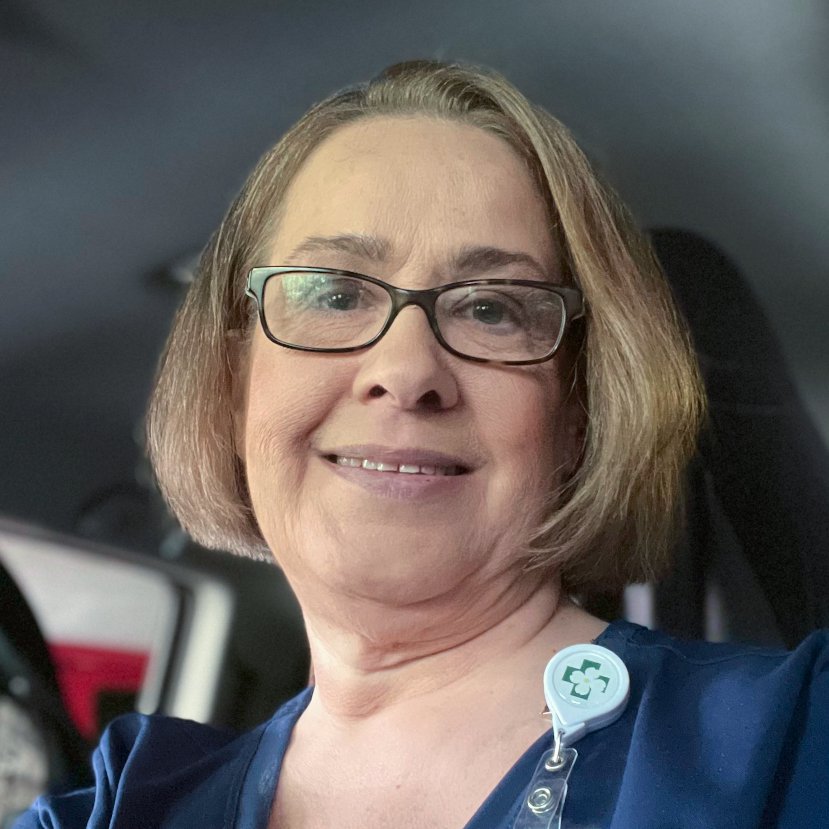
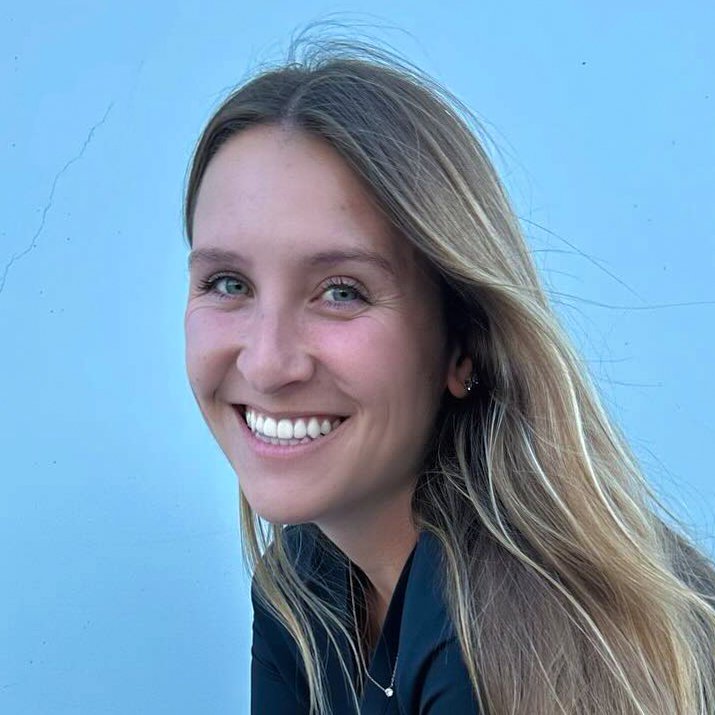
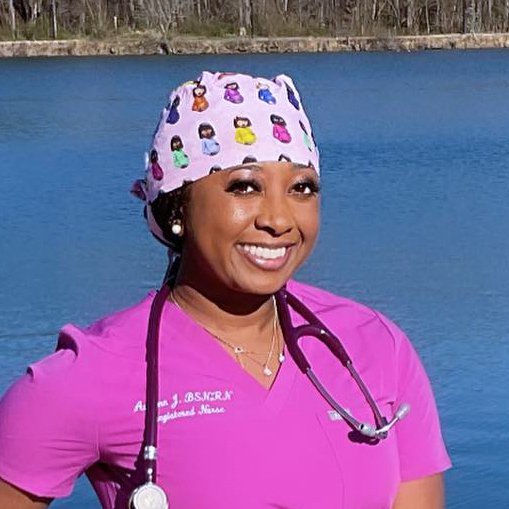
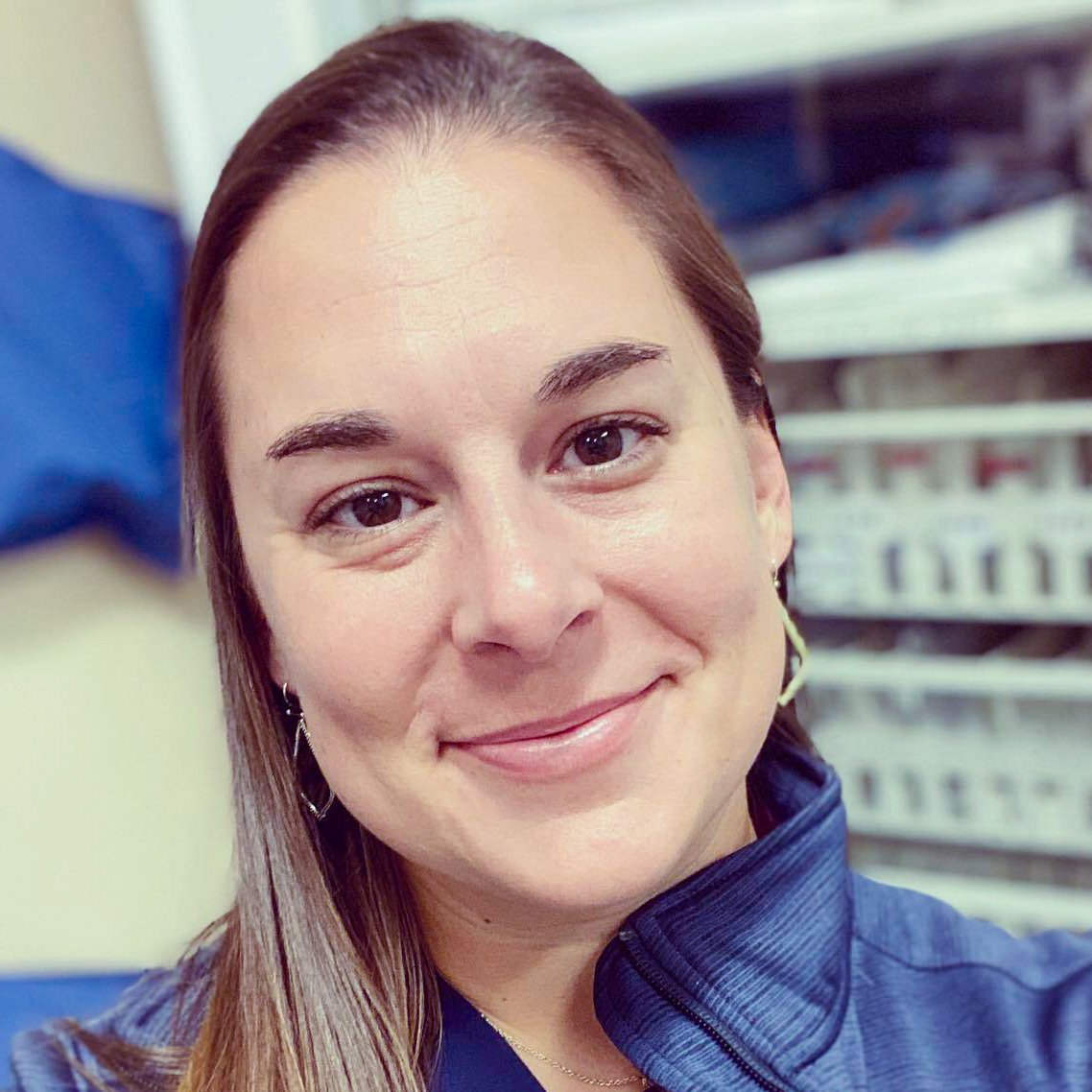
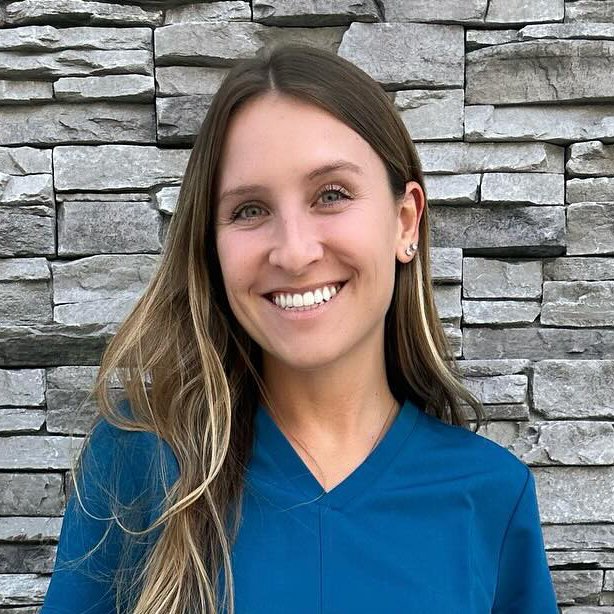
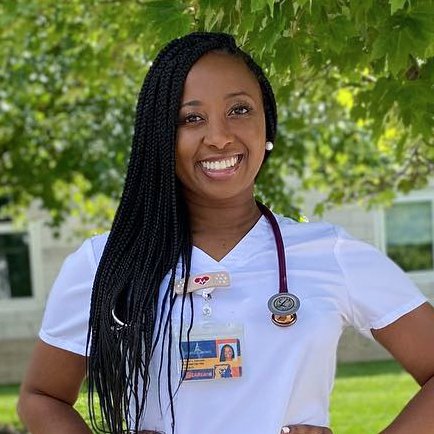
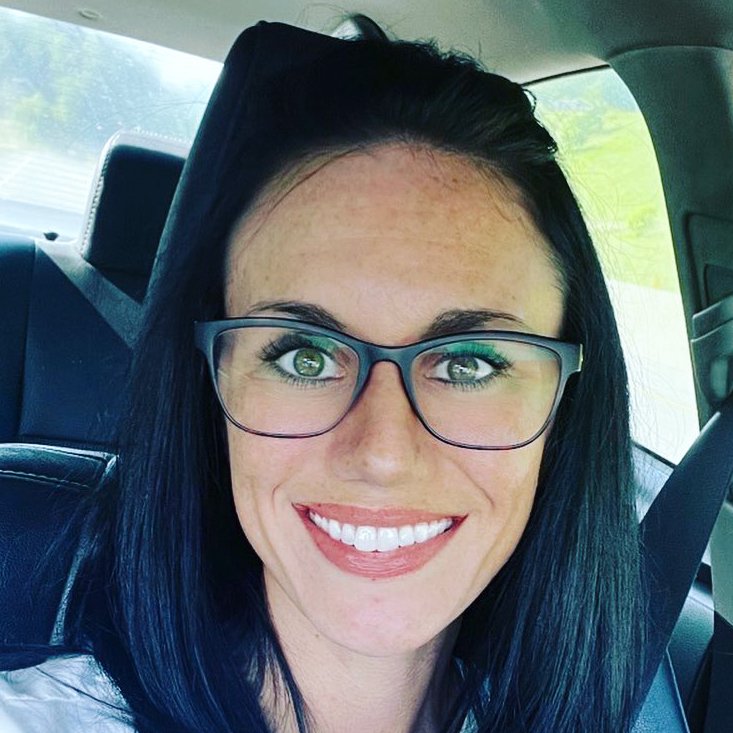


Upgrade Your Career: Find better-paying, more fulfilling LPN jobs quickly and easily










Encompass Health

HEALTH-PRO HOMECARE SREVICES, INC

National Health Care Associates

Travel Nursing Agency
Don't miss out on your next opportunity
Register with NurseRecruiter to gain access to our nationwide database of job openings.
Access All JobsIn order to become a licensed practical (LPN) or vocational nurse (LVN), you must first graduate from an accredited nursing program. It is possible to obtain a diploma (a program lasting about a year) or an associate's degree. Upon successful completion of the program, one must then pass the national credentialing test, the NCLEX-PN.
Bedside care is most often the main focus of the LPN. Taking vital signs, performing lab draws, assisting with the patients' personal care issues and information gathering from the patient and family consumes a significant amount of time in the LPN's day.
In many cases licensed practical nurses work alongside a registered nurse as a support person. The LPN may have their own patients and be responsible for patient assessment; it is however, the registered nurses' credentials that carry the weight of responsibility. The majority of LPNs are employed in nursing homes, doing medication passes and assessments. It is also possible for LPNs to become intravenous (IV) medication certified by passing an IV fluid administration test. This enables the LPN to hang the majority of IV drips such an antibiotics and electrolytes. An RN's license is still required for the higher risk IVs.
LPNs can be employed in schools, hospitals, industrial settings and clinics. In the nursing home setting, it is possible for LPNs to advance to the role of charge nurse. The LPN charge nurse oversees staffing problems and overall coordination of patient care including duties performed by nursing assistants and patient care aides.
Many LPNs work in the field of home health nursing when an RN's skills are not required. LPNs make nursing care plans, prepare meals and may take patients to doctors' appointments where the patient's illness requires traveling with a nurse. LPNs may also be involved with home health teaching where a patient with a new diagnosis or new home medical equipment needs supervision and teaching reinforcement.
In most states the LPN is not permitted to supervise an RN, although this issue is continuously debated. After being an LPN for a few years, many return to school to obtain their RN license in an LPN-to-RN accelerated program. An increase in salary and responsibility will ensue, as well as more doors opened for possibility of employment.
For the most part, autonomy in the career of an LPN is limited. LPNs must be comfortable with authority and willing to take direction from RNs and physicians. In addition, LPNs must also be strong leaders if they are supervising personnel.